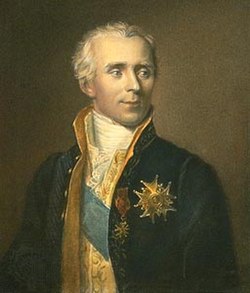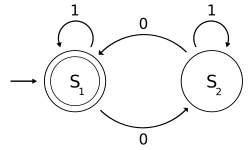1763 ⟶ Bayes' Theorem Laid the Groundwork for Bayesian Networks
Thomas Bayes's work An Essay Towards Solving a Problem in th...Year
1654
1763
1931
1937
🎲 Blaise Pascal and Probability Theory
Blaise Pascal described how to find expected values in probability, in 1662 Antoine Arnauld published a formula to find the maximum Expected value, and in 1663, Gerolamo Cardano's solution to the same problems is published 116 years after it was written. The theory of probability is further developed by Jacob Bernoulli and Pierre-Simon Laplace in the 18th century. Probability theory would become central to AI and machine learning from the 1990s onward.⟶

Probability TheoryMathematicsMachine LearningStatisticsDecision MakingExpected ValueBayesian Methods
 France
France📊 Bayes' Theorem Laid the Groundwork for Bayesian Networks
Thomas Bayes's work An Essay Towards Solving a Problem in the Doctrine of Chances, published two years after his death, laid the foundations of Bayes' theorem and used in modern AI in Bayesian networks.⟶

ProbabilityStatisticsBayesian inferenceBayesian networksMathematicsMachine LearningAlgorithmsFoundations
 United Kingdom
United Kingdom♾️ Gödel Proves Limits of Algorithmic Theorem Proving
Kurt Gödel encoded mathematical statements and proofs as integers, and showed that there are true theorems that are unprovable by any consistent theorem-proving machine. Thus "he identified fundamental limits of algorithmic theorem proving, computing, and any type of computation-based AI," laying foundations of Theoretical computer science and AI theory.⟶

Gödel's incompleteness theoremsMathematicsLogicComputabilityTheorem provingLimits of computationTheoretical computer scienceFoundations
 Austria
Austria💻 Turing Introduces the Turing Machine and Proves the Halting Problem Undecidable
Alan Turing published "On Computable Numbers", which laid the foundations of the modern Theory of computation by introducing the Turing machine, a physical interpretation of "computability". He used it to confirm Gödel by proving that the Halting problem is undecidable.⟶

Turing machineHalting problemComputabilityTheoretical computer scienceAlgorithmsFoundationsAlan TuringComputation
 United Kingdom
United Kingdom